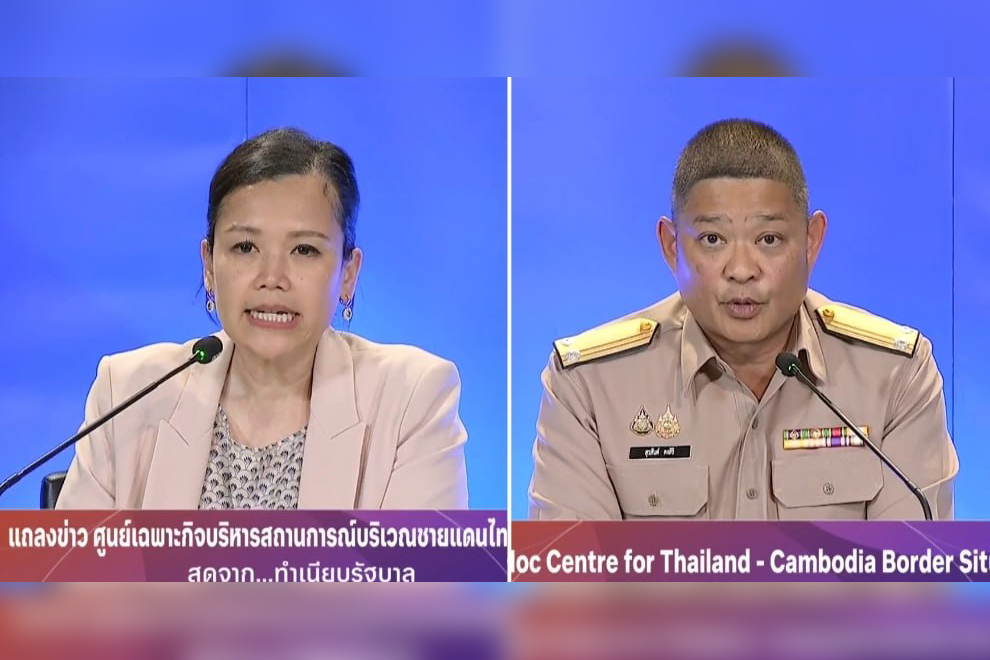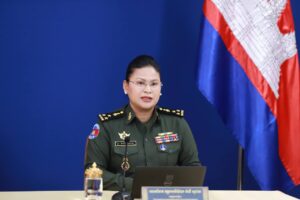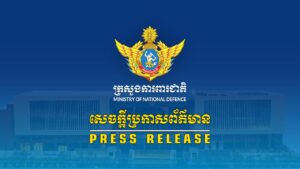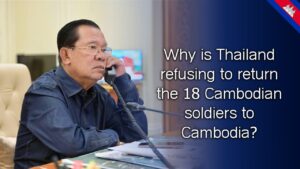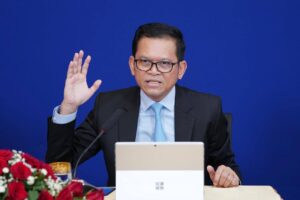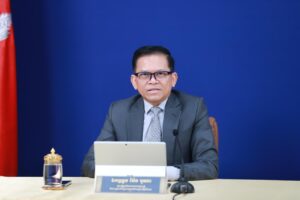Thailand’s Disinformation, Blame Game and Aggression on the Border: A Threat to Peace and Truth
In recent weeks, Thailand has escalated a coordinated campaign of aggressive disinformation concerning its border situation with Cambodia. From military spokespeople to the foreign ministry, from government-aligned media to ad-hoc groups, a manufactured narrative has emerged — blaming Cambodia for tensions, falsely accusing it of instigating border closures, and deliberately seeking to tarnish the Kingdom’s image on the international stage.
But the world must recognise the truth: it is not Cambodia, but Thailand, that has unilaterally closed border checkpoints. It is not Cambodia, but Thailand, that has deployed troops and disseminated falsehoods through official channels and digital propaganda. These are not acts of diplomacy — they are calculated provocations that threaten regional stability.
Cambodia, in contrast, has consistently demonstrated a firm commitment to peaceful conflict resolution. We continue to rely on international law and institutions such as the International Court of Justice (ICJ) to resolve complex, long-standing border issues — particularly those surrounding the Ta Moan Thom, Ta Moan Tauch and Ta Krabei temples and the Mum Bei area. Our approach has been transparent, legally grounded and in accordance with our bilateral and multilateral obligations.
Thailand’s actions, meanwhile, reflect a troubling pattern: acting as both accuser and aggressor, while projecting its internal failures onto its neighbour. While Thai authorities seek to vilify Cambodia, the international community is well aware of Thailand’s mounting domestic issues — ranging from rampant online scams and digital fraud to transnational drug syndicates and human trafficking networks. These are not crises created by Cambodia — they are deeply rooted within Thailand’s own borders.
This narrative war by Thailand is more than just a smear campaign. It is an attack on truth, a distortion of ASEAN values and a direct threat to peaceful coexistence. It undermines dialogue, erodes trust between our peoples and risks igniting unnecessary tensions on the ground. Even more dangerously, it distracts attention from the real issues Thailand must urgently address within its own jurisdiction.
Cambodia remains committed to constructive, peaceful engagement. We do not seek confrontation — but we will not remain silent in the face of deception, hostility and double standards. We call on Thailand to return to a path of mutual respect, diplomacy and adherence to international law. Only through fact-based dialogue, not fabricated blame, can genuine peace and cooperation be sustained in our region.

